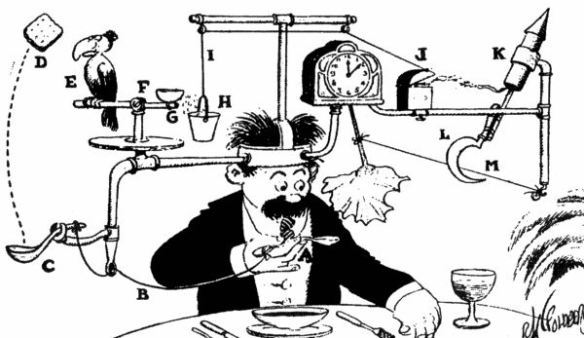What I Learned From Building An App For Low-Income Americans
Joyce Park stashed this in Tech biz
Stashed in: Software!, startup
Very clear statement of how needfinding works, and its limitations in real life. Significant: both the app designers and a lot of the intended users were first-generation immigrants.
One thing he downplays is that all mobile apps need to build trust, regardless of income level of the user.
My favorite part:
My team worked closely with housecleaners to build Neatstreak. We assembled a panel of "superusers" who tested multiple versions and suggested features we implemented. Cleaners were often delighted just to have someone ask them about their work. People rarely do.
Nevertheless we often had trouble persuading housecleaners and other domestic workers to come to interviews, even though we paid $25 per hour, which was higher than their regular hourly rate. They didn’t know us and it looked too good to be true. Low-income Americans are often the targets of scams which advertise fake education credentials or applications for government benefits.
In the last week of the program one of Neatstreak’s superusers mailed me to say that he felt slighted. "I'm starting to feel like when corporate America uses the little guy for ideas and then forgets about them," he said. "I was excited and ready to be hands on but instead feel used for my ideas." During a user testing session with a group of Spanish-speaking cleaners, one of the testers gave a speech to the others about how we were a company (Significance Labs is a nonprofit) trying to take advantage of them. When building for low-income users you have to work harder to win their trust and to demonstrate your product’s value.










7:06 AM Dec 16 2014